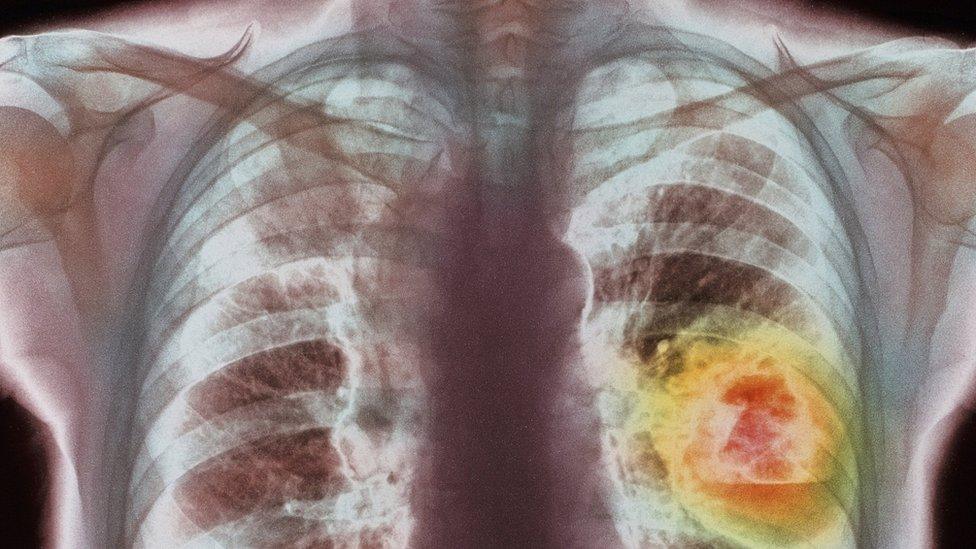Bristol teen who lost mum to pancreatic cancer urges awareness
- Published
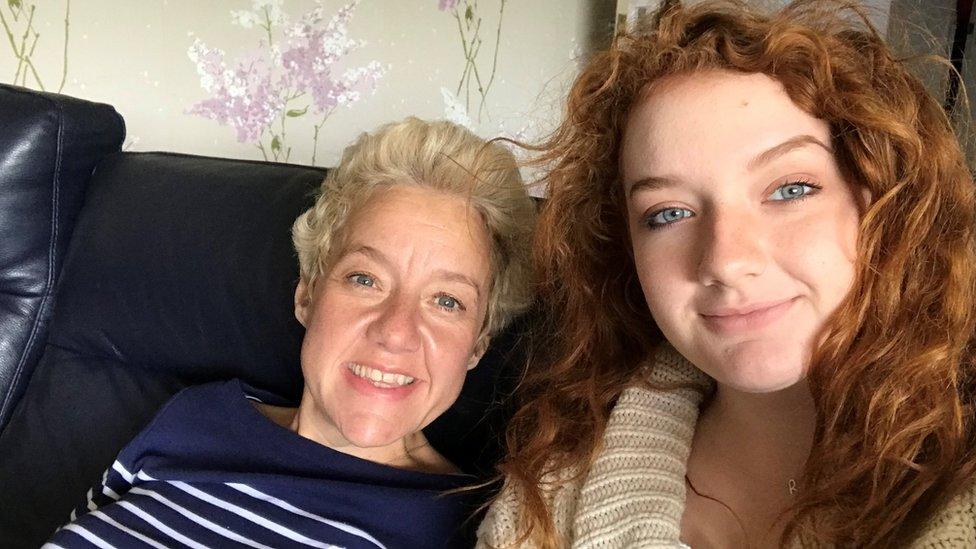
Ruby said her mum would "know how you were feeling before you even felt it"
A teenager is urging people to recognise the early symptoms of pancreatic cancer after losing her mother to the disease.
Ruby Thresher's mum, Jo, died in June, age 48, after initially blaming her symptoms on food intolerances.
According to Pancreatic Cancer UK around 80% of patients are diagnosed when it is too late for lifesaving treatment.
Ruby, 18, said: "If you think something's wrong, trust your gut."
The student, from Bristol, is backing an awareness campaign by Pancreatic Cancer UK.
The charity has found nearly a third of people (28%) would wait three months or more before seeking help for symptoms of pancreatic cancer, one of the deadliest common cancers.
Ruby said her mum was a strong woman who brought their large family together.
"You knew when she was in the room. She was the leader - she always organised everything," she added.
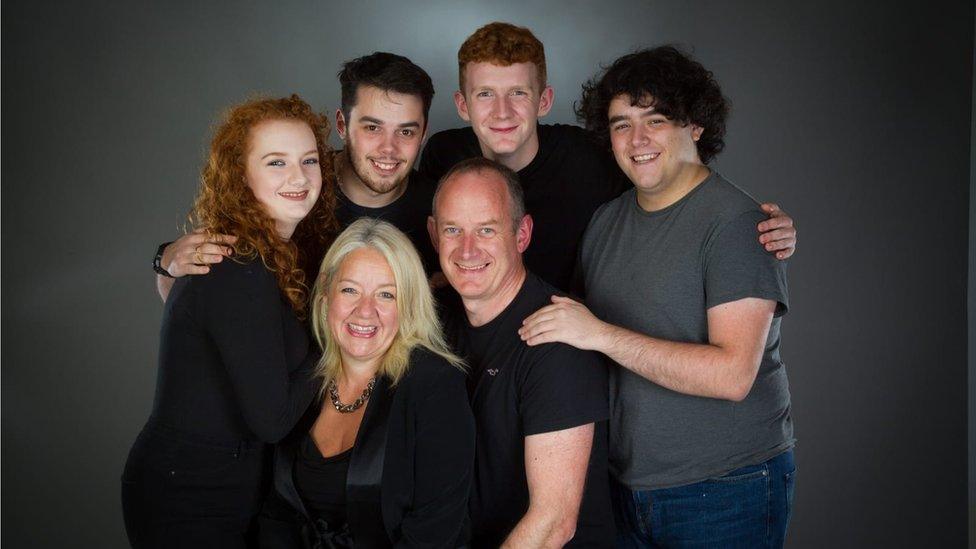
Ruby with her mum Jo, dad Paul and brothers Rhys (left), Louis (centre) and Owain (right)
Jo and her family put her first symptoms, including stomach pain, down to her diet.
"Mum really struggled with eating (certain) foods, so when she felt a bit ill we were like, okay, is that getting serious?"
She eventually went to hospital with abdominal pain and was misdiagnosed with acute pancreatitis.
"After she got that diagnosis we thought something was not quite right, so we demanded more tests," said Ruby.
Then came the devastating cancer diagnosis.
Jo had a whipple procedure - major surgery to remove the head of the pancreas - and underwent chemotherapy, but the cancer returned twice.
Her illness had a huge impact on the family, with Ruby trying to focus on passing her A-Levels while her mother was desperately ill.
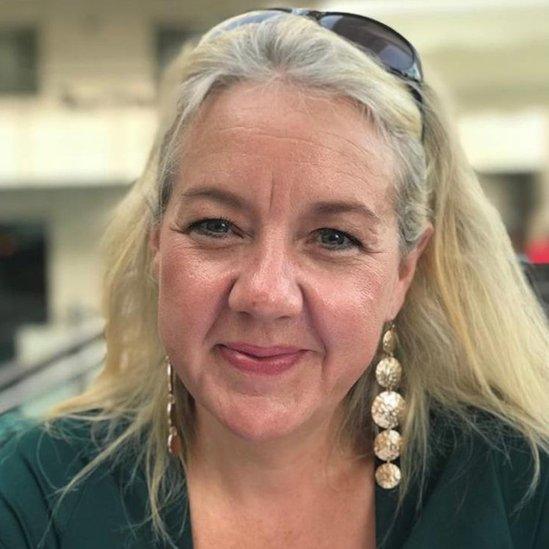
Jo Thresher was determined to fight pancreatic cancer, which unfortunately has vague symptoms
Since her mother died, Ruby, who has three older brothers, has been continuing with her education, studying an art foundation course, but she said life was not the same.
"The dynamic just changes and it's just hard because you were so happy with how it used to be."
Pancreatic Cancer UK said 10,500 people are diagnosed with the cancer each year.
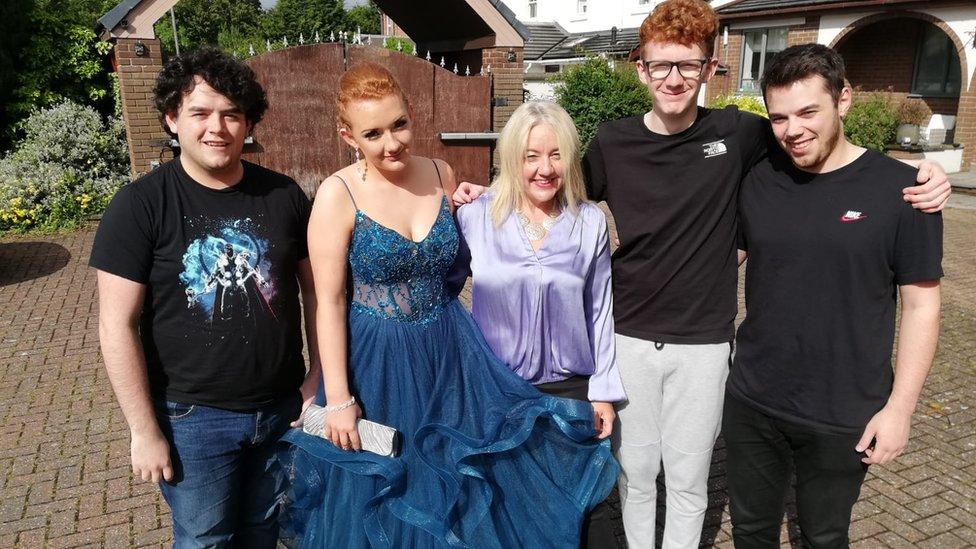
Ruby said for those diagnosed as terminal "you can still fight it to the end. It's such a big thing but you shouldn't just be surviving, you should be living as well"
The charity lists common symptoms as back pain, indigestion, tummy pain and weight-loss, which it says can be confused with other illnesses.
It says anyone who experiences any of those symptoms for more than four weeks should contact their GP.
Anyone with jaundice (yellowing of the eyes or skin) should immediately go to A&E.
Diana Jupp, CEO of Pancreatic Cancer UK, said: "There is no time to wait with pancreatic cancer. It is vital that people are diagnosed as early as possible to give them the best chance of having life-saving treatment.
"We do not want people to panic if they have some or all of these symptoms. But it is absolutely vital that people learn more about this disease, talk to their loved ones and their GPs."
Ruby added: "You know your body. If you notice something's up, don't be afraid to ask. It could end up saving your life."

Follow BBC West on Facebook, external, Twitter, external and Instagram, external. Send your story ideas to: bristol@bbc.co.uk , external
Related topics
- Published13 October 2021
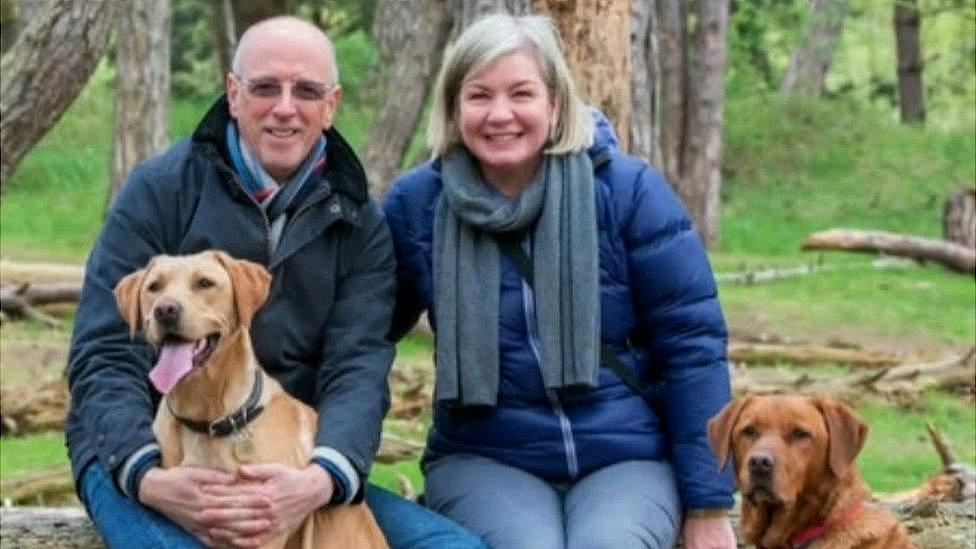
- Published14 August 2021

- Published1 August 2018

- Published24 March 2017
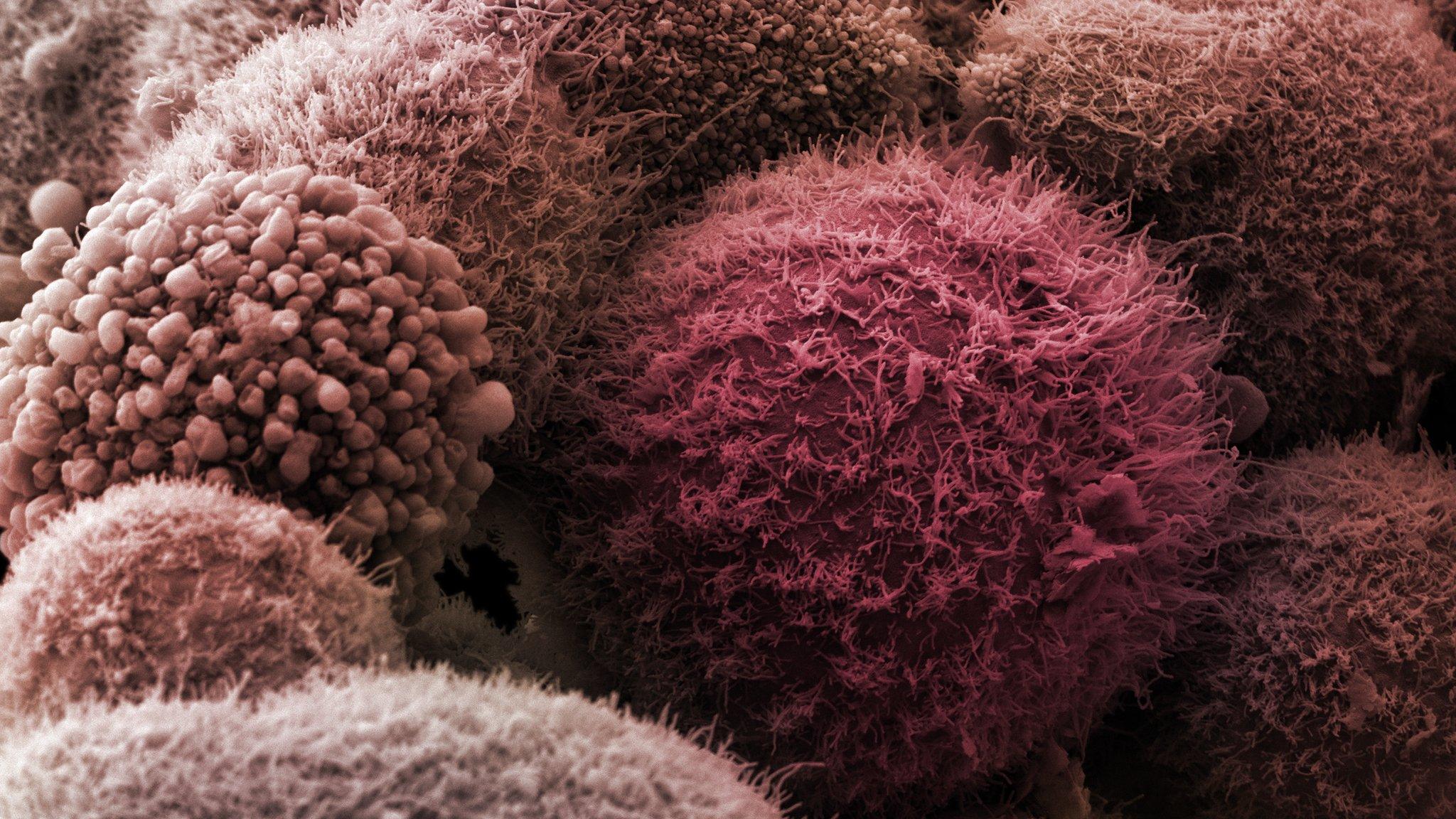
- Published30 September 2016
